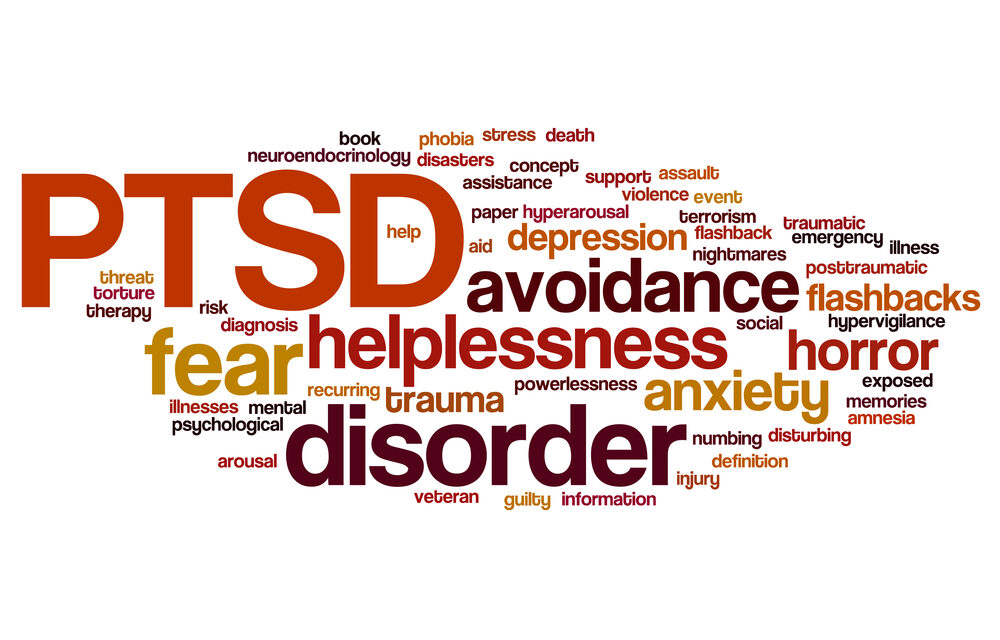by Nilofar Sarvaiya, MD
Up to 20 percent of all people who experience a traumatic event will develop a post-traumatic stress disorder (PTSD). The Diagnostic and Statistical Manual of Mental Disorders defines trauma as an exposure to actual or threatened death, serious injury, or sexual violence. Such an event may be experienced, witnessed first-hand, or have happened to a loved one.
People exposed to gun violence are at particularly increased risk of developing PTSD. Gun violence is frequently unpredictable, uncontrollable, and can leave people feeling fearful and anxious for their safety long after the traumatic event is over.
Some typical symptoms of PTSD include:
- Distressing memories, nightmares, difficulty sleeping, or flashbacks of the traumatic event
- Avoidance of reminders of the event, such as certain people, places, conversations, activities, objects, or situations
- Mood and cognition changes, including problems with memory, having negative beliefs or expectations about oneself, feelings of detachment or estrangement from others, or an inability to experience positive emotions
- Behavior changes, including anger outbursts, being easily startled, or engaging in self-destructive behaviors
In the aftermath of a traumatic event such as gun violence, it is important to monitor for symptoms of PSTD and seek professional help if needed. In addition, the following coping strategies may be helpful:
- Reach out to loved ones and maintain social connections in the community as much as possible.
- Engage in mindfulness, meditation, and physical activity to reduce anxiety and the body’s stress response.
- Avoid unhealthy coping strategies such as alcohol or drug use.
Spectrum Health is here to help. Please contact us if you or a loved one is experiencing symptoms of PTSD.
Nilofar Sarvaiya, MD is the Medical Director of Spectrum Health and Human Services.











